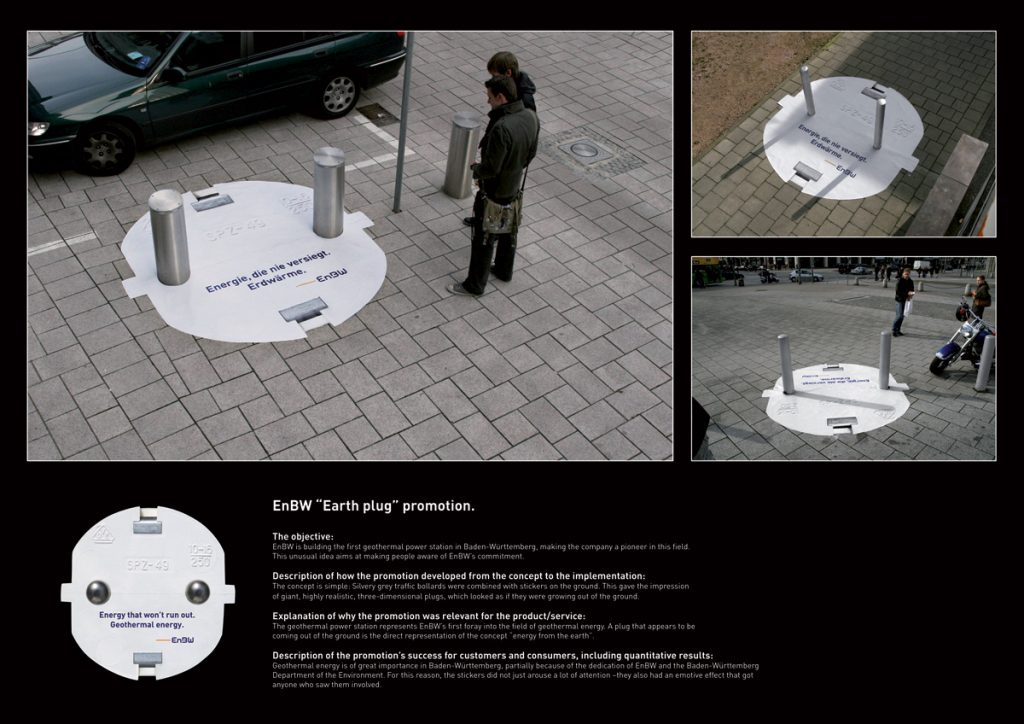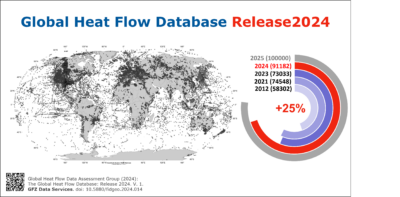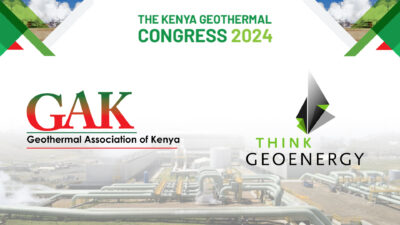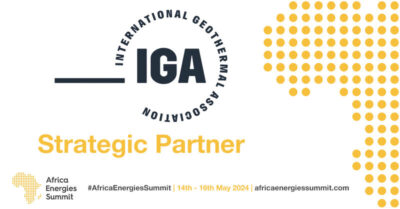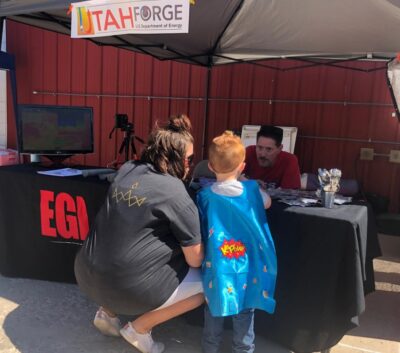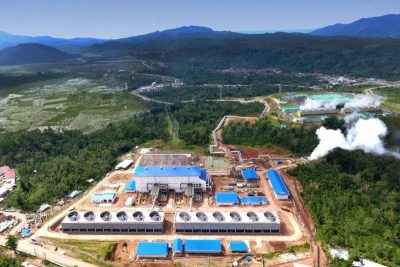Consumer perception of geothermal crucial for energy companies
A competitive consumer market for electricity will make consumer perception about the electricity they buy a very important element, which applies to geothermal energy like for any other energy source.
Working in the geothermal energy sector, we often complain of geothermal not getting the recognition we think it deserves. Much of this has to do how geothermal energy is perceived by consumers, or simply not understood.
I am therefore very much looking forward to a conference to be held in Reykjavik/ Iceland, September 19-20, 2016. Charge, the first energy branding conference will be a great platform to learn how companies and utilities around the world are dealing with a changing energy market. I hope to take a lot of inspiration from it and will share it here on the site. … But here some thoughts that Fridrik Larsen, CEO of LarsEn Energy Branding, a branding agency specialised on branding of energy services for utilities, and organiser of the conference shared with ThinkGeoEnergy.
As consumer markets have opened up to competition, it has become more and more important for utilities both in generation and retail to understand the end consumer. For geothermal, it is necessary for companies to understand the consumer‘s perception of geothermal both in particular and green energy in general. Though most of generated electricity does not end up in the socket of the end consumer‘s home, energy enters homes in the form of the products made with electricity.
To consumers, geothermal energy might have many different meanings and connections in their minds. This is not unique for green sources in general or the term green energy in particular. I have found that consumers perceive green electricity differently across Europe. There are however several broad constructs that consumers seem to agree on. These key constructs are sustainability/corporate social responsibility, local production, visual impact and energy saving
Consumers might agree on the broad terms, but their definition of those constructs vary. As an example, some relate the concept of sustainability to the renewable sources that don’t emit CO2 directly. Others are concerned with pollution that has an immediate effect on their near-environment and some consumers raise concerns regarding the sustainability in monetary terms; energy that uses more resources than it provides is unsustainable. By digging deeper to understand what affects consumers’ definition of sustainability, other constructs emerge, such as skepticism towards energy companies and their perceived shady marketing practices, higher energy prices, and the fact that the majority of consumers don’t think it matters who provides their electricity, since it all looks the same.
Before geothermal becomes a branded e-product – companies utilising it as a source need to understand the real source of added value, the perception of consumers. It doesn‘t matter how great or green your product really is, what matters is that the consumer finds it credible that geothermal is great and green.
To learn more about CHARGE, the world’s first energy branding conference, visit the website here.
